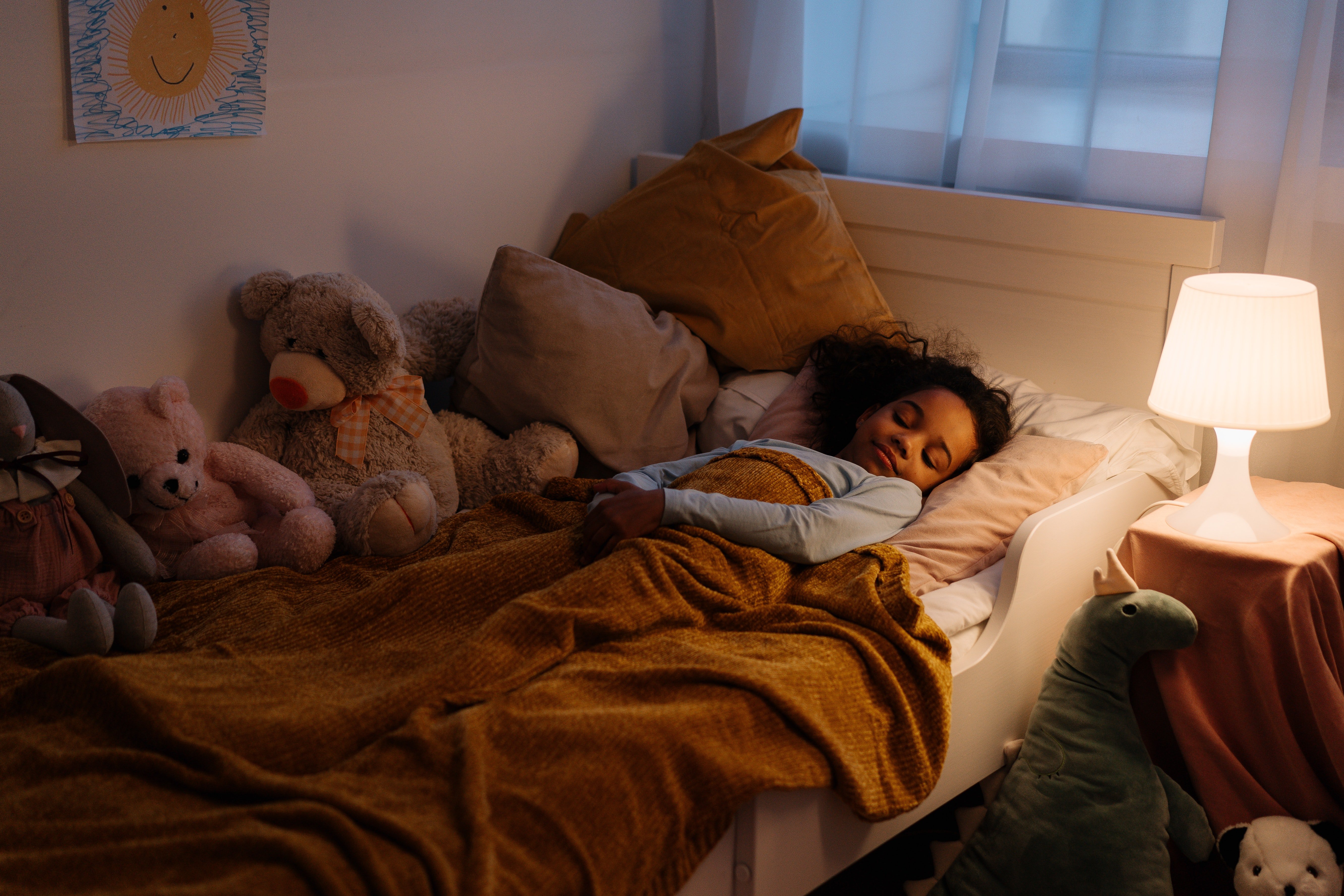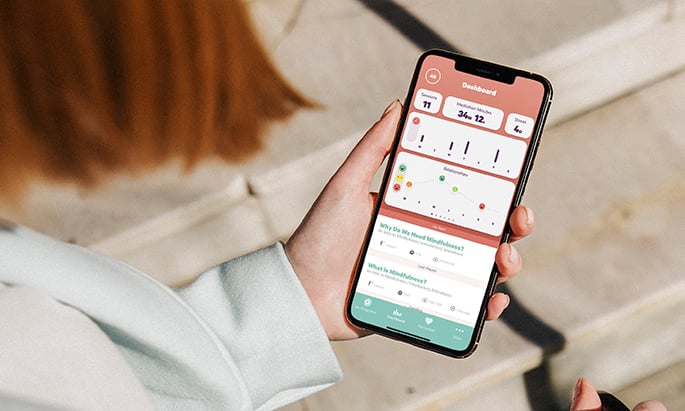Sleep, along with diet and exercise, is one of our major health pillars. However, despite its importance, sleep tends to receive far less attention. This is interesting given the role sleep plays in not only employee wellbeing but the overall wellbeing of organisations.
The financial impact of insufficient sleep costs Australia $66.3 billion per year in lost productivity, health bills and impact on wellbeing. Lost productivity alone is valued at $17.9 billion, which includes $6.7 billion in costs arising from employees underperforming on the job.
Sleep is the most valuable thing we can do to reset our brain and restore body health each day (Walker, 2017). It enriches complex brain functions such as our ability to learn, memorise, and make logical decisions and choices. Sleep recalibrates our emotional circuits, supporting us to navigate next-day social and psychological challenges successfully.
Science also understands that when we sleep and dream, our brains take a neurochemical bath that helps us to integrate and process our emotional experiences of the day. Sleep also strengthens the immune system, keeps our metabolism in check, lowers blood pressure and helps keep our hearts healthy. Yet many of us aren't getting enough sleep.
Recent research by the Sleep Health Foundation of Australia found that about 60% of adults experience trouble either falling asleep, staying asleep, or waking too early and not being able to get back to sleep, at least three times per week.
![]()
Sleep has been shown to have a significant impact on employee performance. According to a report into employee sleep by Deloitte Access Economics, adequate sleep improves concentration and decision making. Conversely, creativity is greatly impacted when employees don’t get enough sleep. Ideas and innovation are less likely and problem-solving and decision making capacity is reduced.
Without adequate sleep, employees are also more prone to be emotionally unstable, moody, aggressive and forgetful; causing poor decision making and leading to a breakdown in team morale. Absenteeism and presenteeism – reduced working days, and reduced productivity respectively – have a direct effect on Australian businesses.
The cost of absenteeism alone is estimated at 5.5 days per person with a serious sleep condition, every year. As such, organisations willing to address the issue of poor sleep will be at a competitive advantage.
Supporting sleep difficulties
When it comes to supporting difficulties with sleep, there are generally two methods: relaxation-based and mindfulness-based practices. Mindfulness meditation and relaxation practices have some similarities, yet they also have distinctly different approaches and intentions. We teach both in our Sleep and Work Recovery Workshop.
Relaxation-based
Relaxation-based practices aim to create a physical state of decreased sympathetic arousal and an emotional state of calm. Typical relaxation practices include deep or diaphragmatic breathing, guided imagery and progressive muscle relaxation. The elicitation of a relaxation response via such methods may be helpful for some people experiencing sleep difficulties.
Mindfulness-based
Mindfulness-based approaches to support better sleep differs from relaxation-based practices in that there is a diversion from an outcome-oriented approach to a process-oriented approach. From a mindfulness perspective, difficulty sleeping is viewed as a temporary state, and the attachment to sleeping better becomes the cause of sleep-related distress. Therefore mindfulness-based approaches to better sleep emphasise the cultivation of present moment awareness, acceptance, non-judgment and self-compassion to alleviate the distress that can arise during sleeplessness. Theory suggests this process-oriented stance of mindfulness enhances self-regulation, adaptive action and tempers stress reactivity.
![]()
The Sleep sections of the Smiling Mind App primarily features multi-modal meditation practices, in that they invite mindfulness and utilise common relaxation methods such as guided imagery, deep breathing or listening to soundscapes. For example, the Oceans practice, instructs breath awareness (mindfulness) and invites the user to listen to an ocean soundscape (relaxation-based). Try it tonight!
The invitation to cultivate mindfulness skills like sensing, noticing and paying attention to the present moment are inherent within all Smiling Mind guided meditations, as is the cultivation of attitudes such as non-judgment and acceptance. Both implicit and explicit in the Smiling Mind sleep meditations, the development of these attitudes may support users to make peace with night-time wakefulness, rather than attain an outcome of relaxation.
Get your team sleeping right!
We've developed a new Sleep and Work Recovery Workshop, specifically for workplaces. The 60 minute workshop is one to add to your Wellbeing Calendar, click here to find out more!
Reference:
- Walker, Matthew P. Why we sleep. New York: Scribner, 2017









.jpg)




